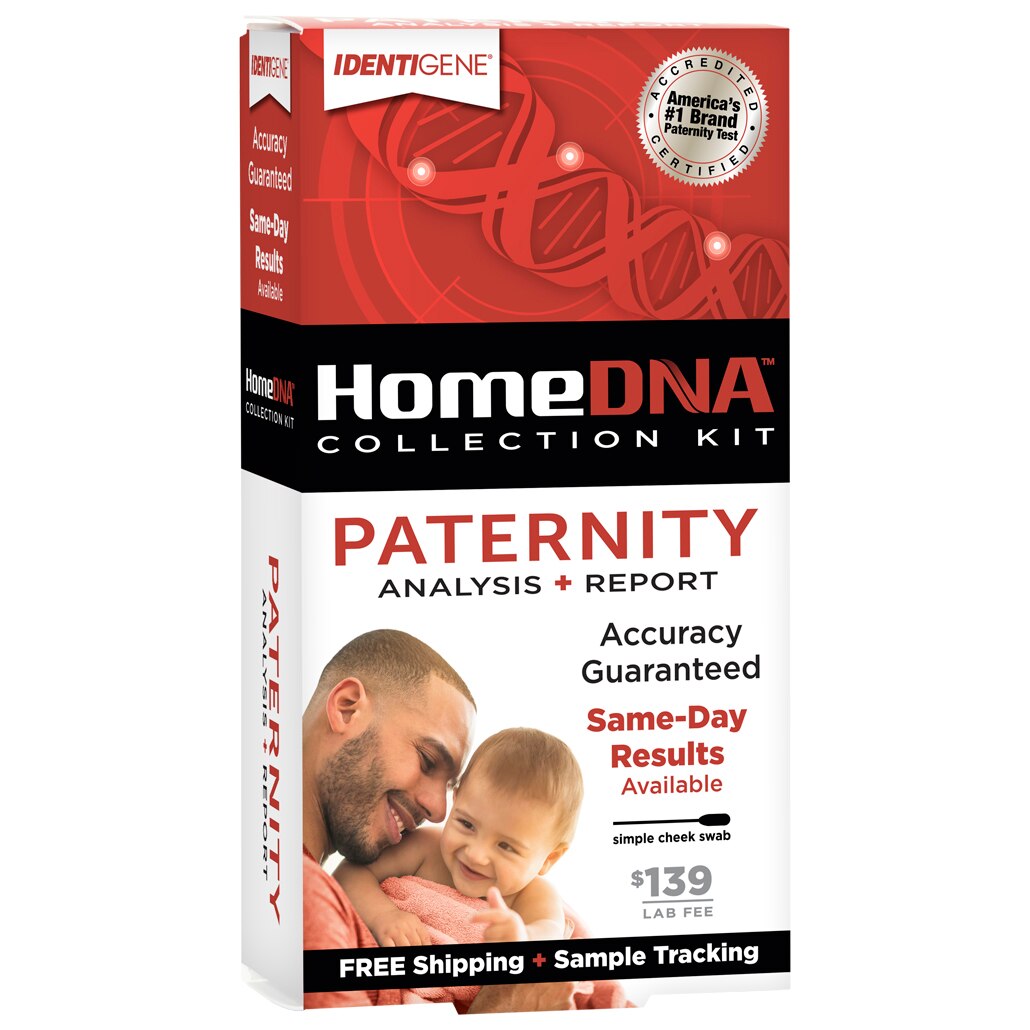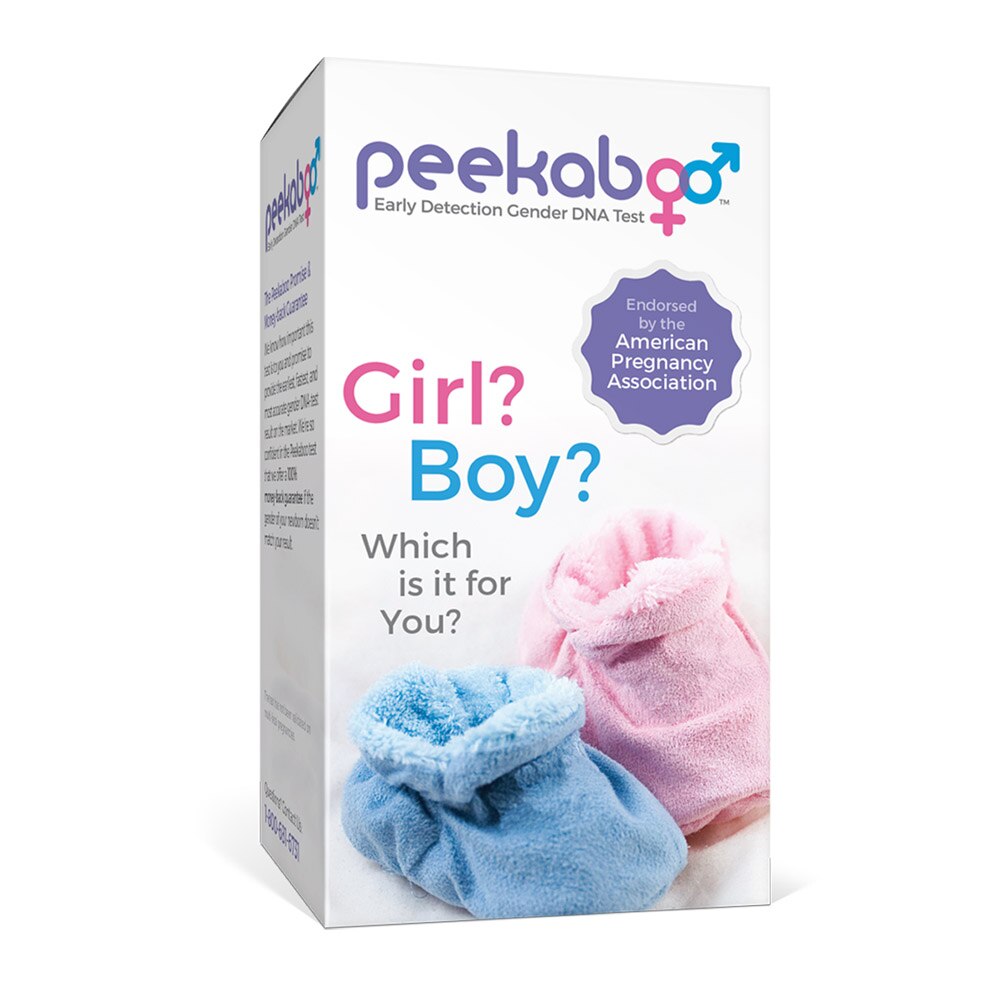Parental, DNA & Gender Tests
Can You Take a Paternity Test At Home?
Most people may be under the impression that when it comes to a paternity test it must be done in a doctor's office. This is not true! With the CVS Health Paternity Test, All Lab Fees Included you can test at home easily. You will still have to wait for your results for 1-2 business days, but you won't have to pay any extra fees, as it is all included with the cost of the test. Your results will be 100% confidential. Nobody but you and who you are testing will know the results. You also do not need to be a minimum age. You can give this test to anyone as long as it is fit to do so.
How To Take a Home DNA Test
Using a DNA test at home may seem like it should be a tricky task, but in reality, it is quite simple. The HomeDNA Paternity Test for At-Home Use is fairly easy to use and should give you no trouble at all.
Directions:
Register: Go to DNAtesting.com/cart to complete the Patient Information Form and to register your kit
Pay: Provide payment for the required $139 lab fee
Swab: Collect DNA by following the provided instructions
Mail: Return your DNA samples to our lab using the trackable, prepaid return mailer
Results: Access your results online just 2 business days after your samples arrive at our lab
As you can see, it's easy to use and you will have your results in no time.
Home DNA Test
With advances in genetics, it's now possible to learn a lot about the human body and ancestry by examining DNA. With home testing kits, you can screen for a wide variety of concerns and discover your ancestral roots. CVS can help you easily purchase the right testing kit for your needs with a diverse assortment of products available for purchase online for discreet shipping to your home.
What Is DNA?
To understand how DNA tests work, you must know a bit about genetics. A gene is the basic unit of inheritance. Genes are passed on from parents to their children and are arranged along deoxyribonucleic acid or DNA. DNA is a long strand that is packaged inside of a structure called a chromosome. Human beings typically have 23 pairs of chromosomes. The first 22 pairs are the same in men and women, while the final pair differs and determines whether a person has male or female sex organs.
Types of DNA Tests
Today, DNA home testing kits are used for a variety of reasons. Ancestry DNA tests make it possible to find out which regions of the world your ancestors came from with a high degree of accuracy. These tests may also be able to tell you which countries your ancestors lived in. The U.S. Food and Drug Administration (FDA) has approved a small number of DNA kits to test for genetic markers for some forms of breast cancer. People may choose to use these tests to see if they are at risk for developing the disease. There are also tests that use DNA to provide information about body weight and skin.
How Does A Home DNA Test Work?
With most DNA test kits, you collect a sample of saliva and mail it into a laboratory. Then, you can view the results of your test online using a code provided with the testing kit. In order to ensure that the results you receive are as accurate as possible, be sure to carefully follow the directions included with the kit.
Home Paternity Test
Some home testing kits are geared toward parents who have questions about their children. Gender tests are used to try and determine whether an unborn baby will be a boy or a girl. Paternity tests involve collecting saliva samples from a potential father and a child. Laboratories then analyze the samples and can determine the likelihood that the man is the child's biological father.
Related Products
Alcohol & Drug Tests, Cholesterol Test & Kits, Connected Health, Fertility & Pregnancy Tests, HIV Tests, Other Home Tests

